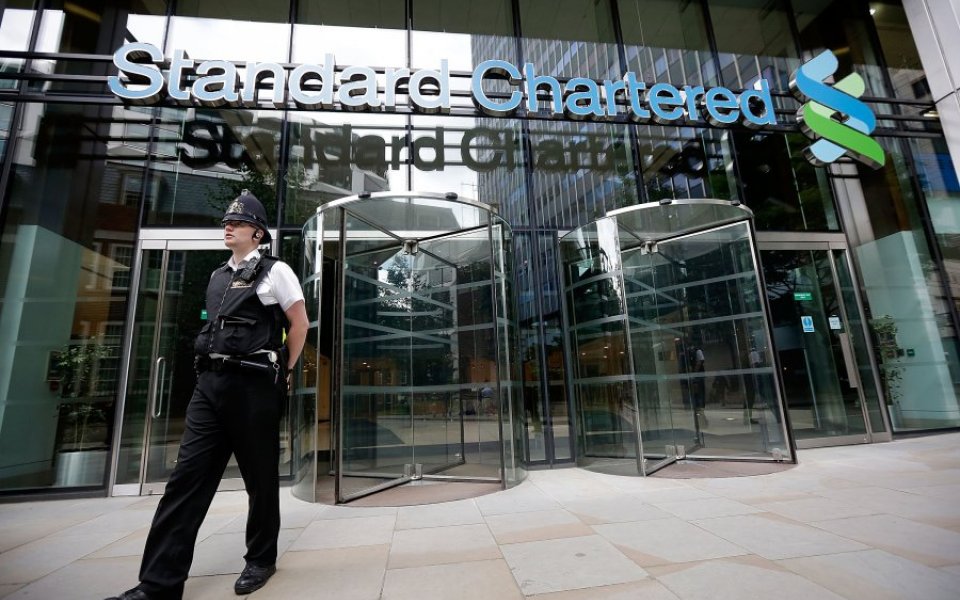Standard Chartered share price plummets on 15,000 job cuts as part of $5.1bn-plan to rebuild troubled bank

Standard Chartered is cutting 15,000 jobs as it looks to shore the business up after posting “disappointing” third quarter results this morning.
The figures
The Hong Kong bank reported revenues of $3.7bn for the quarter ending 30 September, down from $4.5bn for the same period last year. This fell short of the $4.1bn forecast by most analysts.
The bank had a pre-tax loss of $139m. Analysts were expecting a $898m profit, and during the same period last year the company made a profit of $1.53bn.
The company's shares have fallen 25 per cent over the year. Stocks plummeted 6.4 per cent in early morning trading, making it the FTSE's biggest loser.

Why it’s interesting
The bank has unveiled a radical new strategy, which includes shedding 15,000 jobs. Combined with goodwill writedowns, and other restructuring charges, Standard Chartered estimated this would cost $3bn.
It also promised investors it would be getting rid of $20bn worth of risk-weighted assets outside the “tightened risk tolerance” and has scrapped its dividend. Standard Chartered also wants to improve its CET1 capital ratio by around 160 basis points from 11.5 per cent to 13.1 per cent.
To do this it is planning a rights issue of $5.1bn. Some of this cash will help it "weather the near-term macroeconomic storm".
Standard Chartered shares have been struggling for the past two years, with the company losing more than a third of its value against several profit warnings and a slowdown in its key markets.
The bank said “challenging conditions” were to blame for the quarterly results, which chief executive Bill Winters admitted were “disappointing”.
A slowdown in China alongside a continuing commodities rout weighed heavily on its revenues, as slowing growth in emerging markets hit the ailing bank particularly hard considering its heavy focus on Asia, the Middle East and Africa.
Standard Chartered is expected to come under heavy scrutiny during the Bank of England’s stress tests in December, which will consider how Britain’s biggest banks would survive an emerging markets crisis.
What they said
Bill Winters, chief executive, said:
The business environment in our markets remains challenging and our recent performance is disappointing. Today we have announced a strategy that makes big changes to how we will manage ourselves going forward.
We are positioning the group for improved return on equity on a strengthened capital base. We will execute as quickly as possible to get through this transition phase, start delivering improved performance, and ensure our people are focused on providing value to our clients across Asia, Africa and the Middle East.